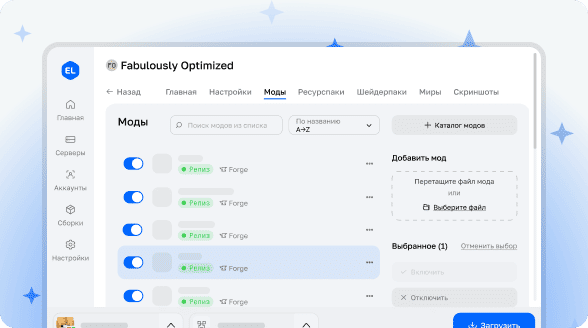
BBL Market
BBL Market
BBL Market is a collaborative project by developers ExaltedZoro and benbenlaw, created specifically for the Opolis Inc modpack. Other pack authors are also welcome to integrate this component into their own projects.
Main Features
Trading Platform
This is a specialized block that automates item buying and selling processes. Each trade recipe consists of three key elements: a license, input resources, and the resulting goods. The system fully supports component data and tags for all participating items. If multiple recipes are tied to a single license, the platform will randomly select one from the available options.
Licensing System
Licenses are special items that determine which specific deals are available to the market. Any item can be used as a license provided it has the appropriate "market:licenses" tag. The system features complete support for tag grouping.
To create time-limited licenses, simply assign them durability! Every 30 seconds (or 600 ticks when TPS deviates from the standard 20), the market will damage the license in the corresponding slot, up to its complete destruction.
Demand Dynamics
The demand mechanic adds strategic depth to the trade automation process. For every three deals completed in the last minute, the demand indicator decreases by 0.1 point, reaching a minimum level of 0.2. This coefficient multiplies the cost of each deal, ranging from 1 to 5 times. Simply put, the more actively you trade, the more expensive transactions become. Importantly, regardless of demand level or variations, deal volumes never exceed a full stack of any item.
If dynamic pricing interferes with your trading operations, simply add the "market:no_demand" tag to the license - this will lock price fluctuations at neutral levels.
Volume Fluctuations
The variation function allows setting small deviations in deal sizes directly in the recipe. Each operation will be executed in a range from standard volume minus variation to standard volume plus variation. For example, with a standard size of 12 and variation of 4, each transaction will cover between 8 to 16 items. It is this adjusted volume that the current demand coefficient applies to.


